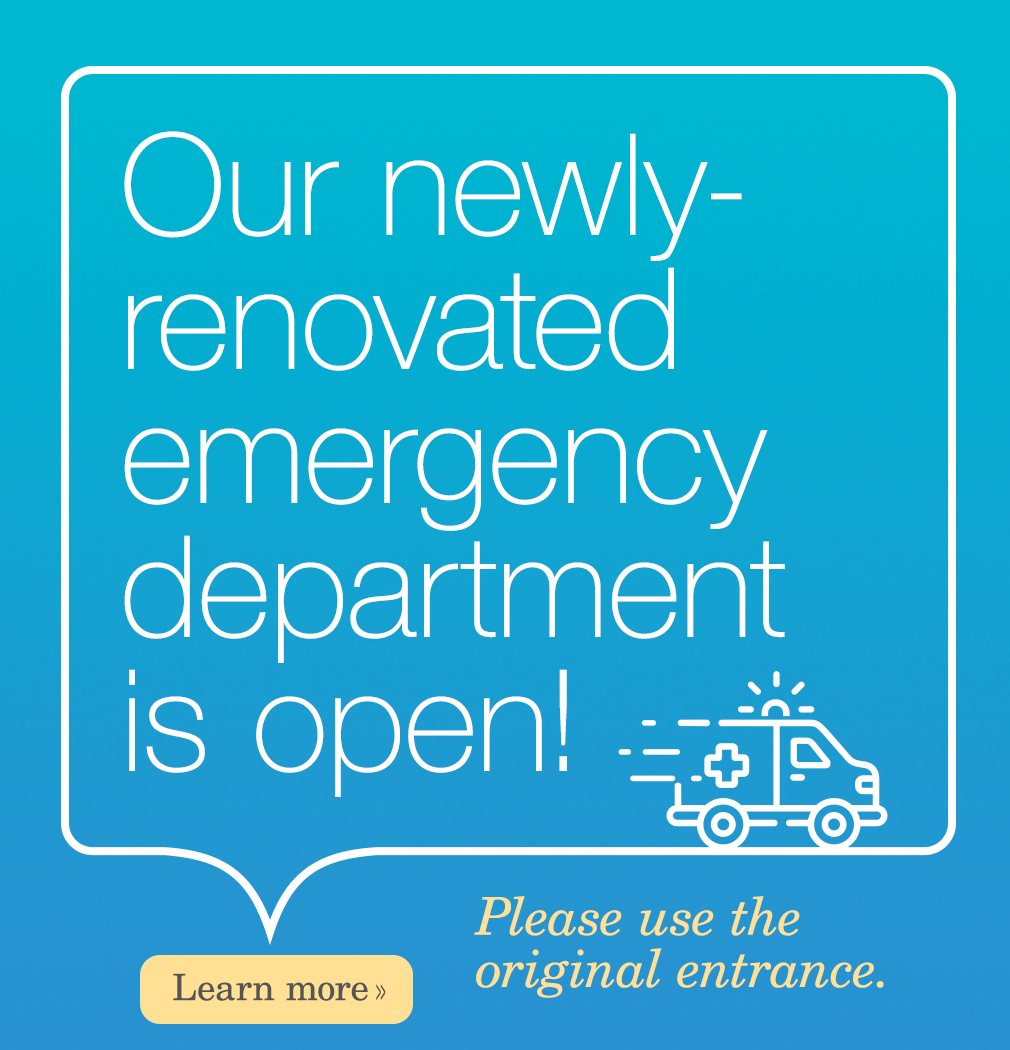

Is Community Resiliency Key to Overcoming the Opioid Crisis?
Yes. Community resiliency is defined as the “sustained ability of a community to utilize available resources to respond to, withstand, and recover from adverse situations.” Within the context of the national opioid crisis and how we experience that here in Vermont and in our own community, resiliency is key. Franklin and Grand Isle Counties are known statewide for our collaborative spirit. This strengthens our ability to come together as neighbors, colleagues, and partners to take on challenges such as opioid addiction in effective and holistic fashion.
I represent our communities, NMC, and the Vermont Association of Hospitals & Health Systems (VAHHS) on the Governor’s Opioid Coordination Council. It is made up of “representatives of state and local government, service providers, people who have experienced opioid addiction personally and in their families, law enforcement and emergency responders from all parts of Vermont.” Our mission is “to improve Vermont’s response to our opioid challenges through prevention, treatment, recovery, and enforcement.” We are seeing progress in all four of those areas of focus. To speak to the progress, the council recently collaborated in the creation of an eight-part video series, “Understanding Vermont’s Opioid Crisis: Working Together to Create a More Resilient Community.” It is available on line for free at: www.healthvermont.gov/response/alcohol-drugs/governors-opioid-coordination-council “This series is testimony to the innovation and commitment of professionals, families, communities and people in recovery. It addresses efforts to reduce the use of psychoactive drugs, raise public awareness about addiction, and emphasizes that treatment is always available, and hope is possible,” said Jolinda LaClair, Director of Drug Prevention Policy for the State of Vermont.
I strongly encourage you to invest time in viewing this series to gain an even better understanding of the opioid issue and efforts to address it. “Each segment stands on its own, while telling a larger story about the programs, resources and people who work every day on prevention, intervention, treatment, recovery and enforcement.” Episode one, “Science of the Brain and Addiction” focuses on “the risk factors for addiction and the changes that occur in the brain as the disease of addiction, or substance use disorder, develops and progresses.” In episode two, “Treatment,” three Vermont experts “discuss the art and science of treatment in detail, and Vermont’s nationally-recognized Hub and Spoke system.” Episode three, “Recovery and Recovery Coaching” explores “the process of recovery from opioid addiction and other substance use disorders.” Episode four, “School- and Community-Based Prevention” looks at the “comprehensive, statewide approaches to school- and community-based prevention, statewide prevention messaging, and effective opioid education for health care providers and consumers.” In Episode five, “Enforcement,” the focus is on “strategies to reduce the supply of, and demand for, opioids and other drugs in Vermont through law enforcement efforts. This includes roadside drugged driving tests, drug treatment courts, investigations and prosecution, and corrections.” Episode six, “Wellness – Integrative Health Care for Pain Management and Treatment” explores approaches to pain management and addiction treatment that reduce or replace the need for opioids.” Episode seven, “Co-Occurring Disorders: Substance Use Disorders and Mental Illness” focuses on “ effective prevention and treatment services for people with such co-occurring issues.” Episode 8 is the “Wrap Up” segment and reflects on “the successes, challenges, and opportunities highlighted in the previous seven segments, and discusses the work ahead for the many state partners invested in addressing this crisis.”
This comprehensive series speaks to the work to build resiliency in individuals, our families, our communities, and our state. This aligns with the overall intent of the RiseVT movement to embrace healthier lifestyles. I firmly believe that whether the concern is opioids or obesity or any health problem, there is great value in taking a collaborative, community-based approach rooted in the science of best practices. Please take the time to view the series as we work together to rise above the opioid challenge for a healthier future for all Vermonters.
— Jill Berry Bowen, NMC’s Chief Executive Officer

